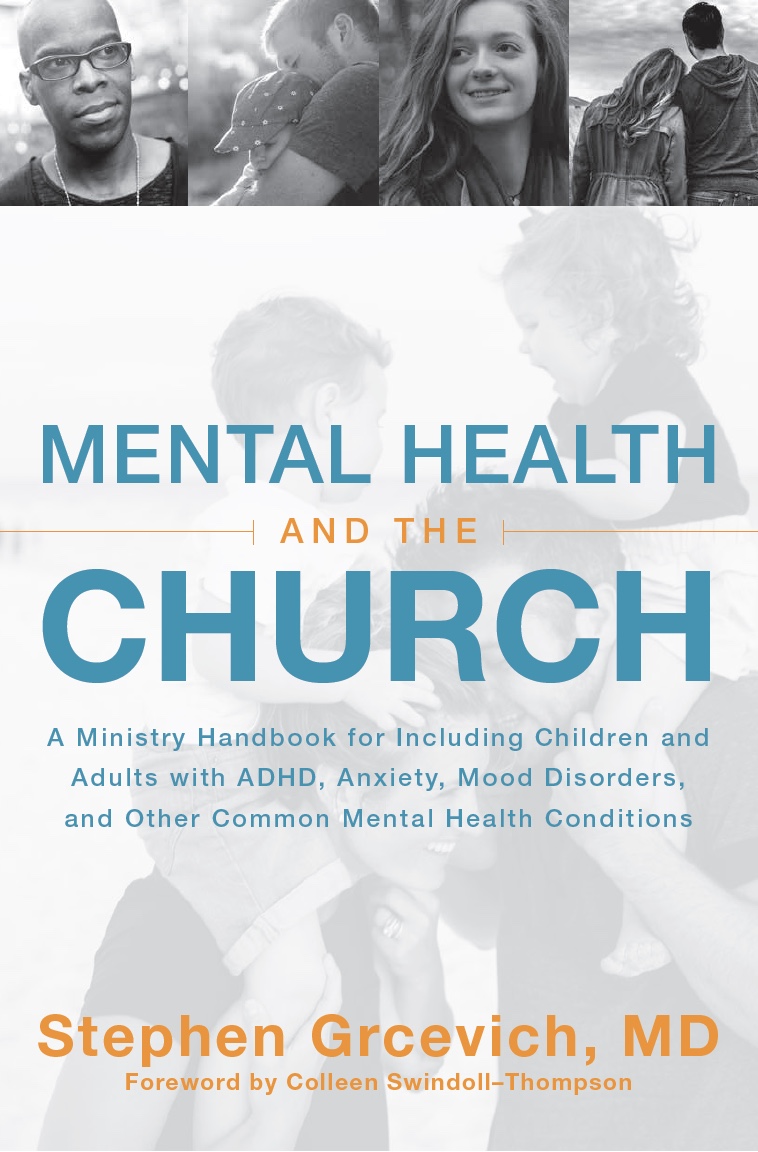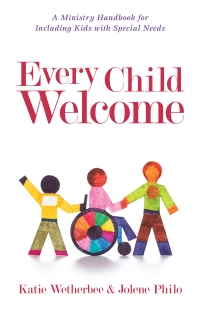 We’ve spent ten weeks looking at how the family ministry philosophy put forth by Reggie Joiner in “Think Orange” could be applied in churches seeking to serve, welcome and include families of kids with hidden disabilities…significant emotional, behavioral, developmental or neurological problems lacking outwardly apparent physical symptoms.
We’ve spent ten weeks looking at how the family ministry philosophy put forth by Reggie Joiner in “Think Orange” could be applied in churches seeking to serve, welcome and include families of kids with hidden disabilities…significant emotional, behavioral, developmental or neurological problems lacking outwardly apparent physical symptoms.
What are the most important take home points?
Disability ministry is about ministry to the family! We’ve encountered many churches that have shied away from traditional disability ministry models focused upon serving individuals with substantial impairments because such ministry is very labor-intensive and requires volunteers who might otherwise be involved with other areas of ministry of great priority to the church. When church leaders consider the opportunity to minister to and influence parents and siblings who otherwise miss out on the benefits of a local church, the potential impact of an inclusive family ministry on the surrounding community becomes readily apparent. The buddy serving a child with a severe disability hasn’t failed because the child hasn’t mastered the lesson of the day. They’ve succeeded because their efforts have created an opportunity to influence and support the child’s parents, allowed the child’s brothers and sisters to participate in their age-appropriate ministry environments, and enabled the family to be part of a Christian community composed of caring people with many gifts who multiply the influence of church staff and volunteers.
Churches need to conceptualize parents of kids with disabilities as partners. I have a sense that some church leaders give lip service to valuing the role of parents in the spiritual development of kids but don’t really believe it. Ministry to kids with disabilities is humbling. Very few churches will have the staff or volunteer resources to effectively communicate with kids with the full range of disabilities reflected in their surrounding community. Parents of kids with disabilities generally have the best understanding about how to communicate with their kids. We’re more likely to be effective at teaching kids with learning differences life-changing truth by partnering with the people who know the child best and have the greatest opportunity to cast influence with them.
Families impacted by disability need churches that are intentional about community. There are lots of barriers to keeping parents of kids with disabilities engaged. Higher divorce rates may result in less consistent church participation for kids. Parents may have more difficulty maintaining active involvement at church because of their own functional limitations. Their kids are less likely to have the friends and level of involvement in extracurricular activities that results in a rich network of adults outside of the family to cast influence. They need friends at church who take the time to call if no one has seen the family for a couple of weeks. They need concerned adults willing to go “the extra mile” so that their kids also have the benefit of adults outside the family who believe in Jesus and live their faith out on a daily basis. Families of kids with disabilities need churches that will put in place the supports necessary to allow all members of the family to participate in the ministry environments offered by the church that most affect life change.
The Orange strategy of creating opportunities for youth and families to experience personal ministry can be incorporated into missional outreach to families of kids with disabilities in your immediate community. Think about the potential for a “win- win- win” situation if your church were to pursue an intentional strategy of outreach and inclusion to families in your community with physical and hidden disabilities. You’re creating opportunities for kids to serve together with their families and opportunities for youth to engage in significant ministry in your local community, both key components of spiritual development in kids. You’re growing your local church through connecting with a large group of families who aren’t currently involved with church. And you’re adding families to your church with gifts and talents and abilities that they in turn can use to serve others and build up your church.
The communication strategies outlined in the Orange model are well-suited to working with families of kids with hidden disabilities. The reality is that the apple doesn’t fall from the tree and that many parents of kids with disabilities are inadequately prepared for the task of directing their child’s spiritual development because they themselves missed out on church because of their own issues “doing church” when younger. The quandary I’ve observed in the process of traveling around and visiting lots of churches is that the churches who do the best job of communicating life-changing truth to the parents described above are also the churches least likely to be intentional about reaching families of kids with disabilities.
The Orange strategy of simplifying communication of the most important things our kids need to know about our faith in a relevant manner, across as many environments as possible makes sense for kids (and parents) with challenges sustaining attention and maintaining priorities. The efforts of the folks at Orange to take advantage of technology to offer parents resources to initiate spiritual discussions and reinforce key truths with their kids will be of great benefit to parents of kids with disabilities.
I hope you’ve found this series to be helpful. Our ministry team would be very interested in hearing from churches implementing the Orange strategy with interest in applying the strategy with families of kids with disabilities, as well as any “success stories” from churches already serving kids with emotional, behavioral or developmental disabilities in an Orange model.
 We’re pleased that our teammate, Harmony Hensley, will be offering two presentations at this year’s Orange Conference in Atlanta. She’ll be accompanied by Katie Wetherbee. E-mail Katie (katie@keyministry.org) or call (440) 247-0083 to meet up at the conference.
We’re pleased that our teammate, Harmony Hensley, will be offering two presentations at this year’s Orange Conference in Atlanta. She’ll be accompanied by Katie Wetherbee. E-mail Katie (katie@keyministry.org) or call (440) 247-0083 to meet up at the conference.
Click here for conference registration.





Steve,
Thank you so much for all of the time and effort you put into all of the Thinking Orange posts and how the concept relates to special needs ministries. It’s very easy to see that this has been a “labor of love” for you! I’ve been jotting notes down along this Orange journey and you have provided much food for thought.
Thank you!
LikeLike
Another great challenge.
Reminds me of a child who had really bad ADHD – he had a buddy who was with him every Sunday so when he couldn’t sit still any longer his buddy would take and walk him around the church. Today this young man is a youth pastor.
The investment is well worth it.
Steve, have you seen Sunday Plus’s Discipler/Specialist model? Take a look at the pdf of the chart for how Disciplers are assigned to kids depending on need. This way everyone has a discipler – special needs kids havea discipler just like everyone else. http://www.kidtrek-sundayplus.org/2011/04/13/child-discipleship-disciplers-and-specialists/
LikeLike
Hi Wanda,
I liked the way your model provides extra support for any kid who might need it without the child being singled out.
LikeLike